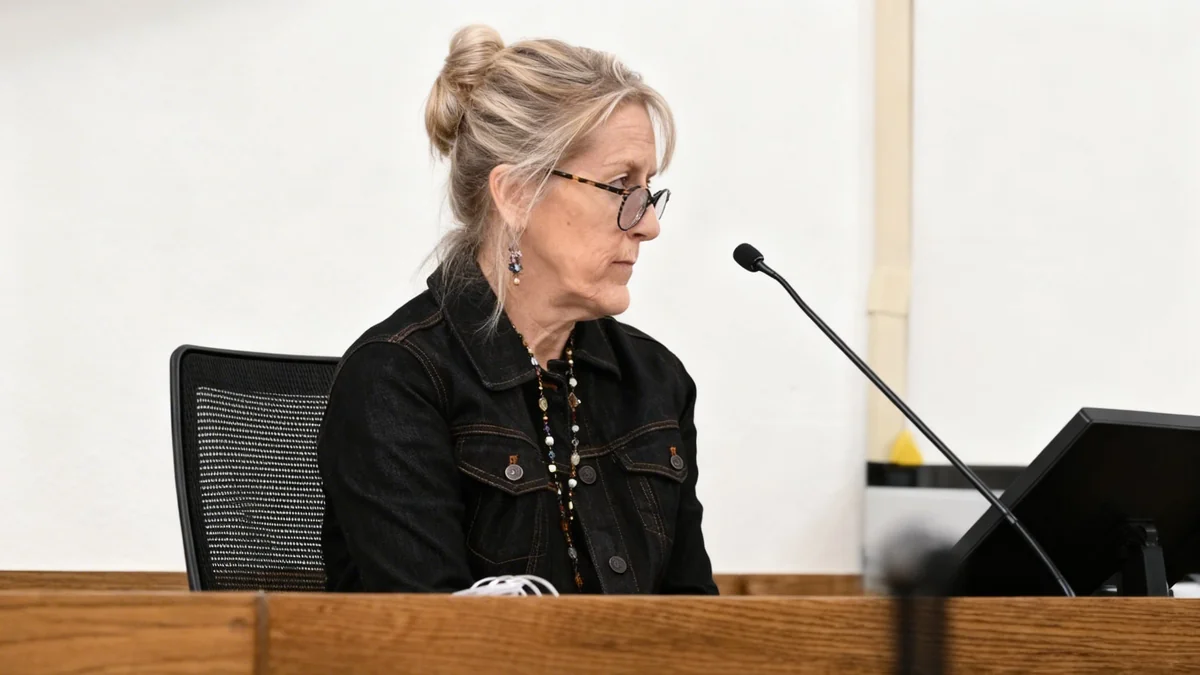Abu Dhabi Global Market (ADGM) Courts have initiated a significant reform of their legal framework, introducing a specialized Real Property Division and a new Fast Track procedure for commercial claims. The changes, effective as of October 17, 2025, are designed to streamline dispute resolution following a major expansion of the financial free zone's jurisdiction.
These reforms aim to provide more efficient and accessible legal processes for the thousands of residents and businesses operating within the expanded ADGM territory, which now includes Al Reem Island.
Key Takeaways
- A new Real Property Division has been established to exclusively handle all property-related disputes within the ADGM.
- A simplified procedure for short-term residential lease claims (under four years) aims for resolution within two months.
- A "Fast Track" option is now available for straightforward commercial and civil claims, targeting a six-month resolution timeline.
- The reforms follow the ADGM's tenfold jurisdictional expansion in 2023, which brought in approximately 30,000 new residents and 1,500 businesses.
A Direct Response to Rapid Growth
The overhaul of the ADGM's judicial system is a direct consequence of its territorial expansion in 2023. The inclusion of Al Reem Island increased the court's jurisdiction tenfold, bringing a significant new volume of residential and commercial properties under its purview.
This expansion created an immediate need for a more specialized legal framework capable of handling the unique challenges of real estate disputes. Previously, the ADGM Courts did not have a dedicated procedural system for property claims. The new rules address this gap by creating what is effectively a one-stop-shop for all real property matters.
Background: The ADGM Expansion
In 2023, the Abu Dhabi Global Market's geographic boundaries were extended to include Al Reem Island, a major residential and commercial hub. This move dramatically increased the number of individuals and companies falling under ADGM's common law jurisdiction, necessitating a judicial system equipped to handle a higher volume and new types of disputes, particularly in real estate.
Introducing the Real Property Division
The centerpiece of the reforms is the establishment of the Real Property Division within the ADGM Court of First Instance. This new division now has exclusive jurisdiction over all real property claims, centralizing expertise and streamlining processes for court users.
The division is designed with an inherently fast-tracked and user-friendly process. It provides bespoke procedures, clear practice directions, and simplified court forms tailored specifically to property disputes. This is expected to benefit the approximately 30,000 residents and 1,500 businesses that now require access to property dispute resolution services within the ADGM.
Focus on Residential Leases
A key feature of the new division is a highly simplified process for claims related to short-term residential leases, defined as those with a term of less than four years. This procedure is designed to handle a high volume of relatively low-value disputes efficiently.
The framework is structured to be accessible even for individuals without legal representation. The entire process, from filing a claim to receiving a judgment, is intended to be completed within a two-month timeframe. This provides much-needed speed and certainty for both landlords and tenants in common rental disputes.
Accelerating Justice with the Fast Track
Beyond real estate, the reforms also introduce a new "Fast Track" procedure within the Commercial and Civil Division. This track is designed to expedite the resolution of more straightforward commercial claims, aiming to deliver a final judgment within six months of a case being allocated to it.
Parties can mutually agree to use the Fast Track, or one party can propose it. The court ultimately decides on the allocation based on a set of suitability criteria.
What Makes a Case Suitable for the Fast Track?
A case may be allocated to the Fast Track if it generally involves a financial value between $100,000 and $500,000, requires a hearing of two days or less, involves two or fewer factual witnesses per party, and does not require expert evidence.
The Fast Track establishes a more rigid and accelerated timeline compared to the standard court procedure. For example, a defence must be filed within 21 days, compared to 28 days in a standard case, with limited options for extension.
Key Differences in Procedure
The new Fast Track system introduces several key procedural changes to ensure speed and efficiency:
- Pleadings: Parties must provide standard disclosure of relevant documents at the same time they file their initial pleadings (claim form and defence).
- Case Management: A Case Management Conference (CMC) is scheduled within 10 days of the close of pleadings to set a firm timetable.
- Evidence: The process limits each party to a maximum of two fact witnesses unless the court directs otherwise. Expert evidence is generally not permitted.
- Hearing Length: Trials are expected to last no more than two days.
The new procedures aim to resolve cases within six months of allocation, providing parties with greater certainty on timing and costs.
Streamlining for All Court Users
The recent amendments also include several other adjustments to improve the overall efficiency of the Commercial and Civil Division. The previous Rule 30 procedure, a streamlined process for certain claims, has been removed, with the new Fast Track expected to cover those cases more effectively.
Additionally, a previous 50-page limit on claim forms has been eliminated. While this does not encourage overly long submissions, it provides greater flexibility for parties presenting complex cases.
These comprehensive changes reflect a commitment by the ADGM to maintain a judicial framework that is not only robust but also responsive to the evolving needs of its rapidly growing community. By creating specialized divisions and expedited pathways, the courts are positioning themselves to manage an increased caseload efficiently while upholding international best practices for dispute resolution.





